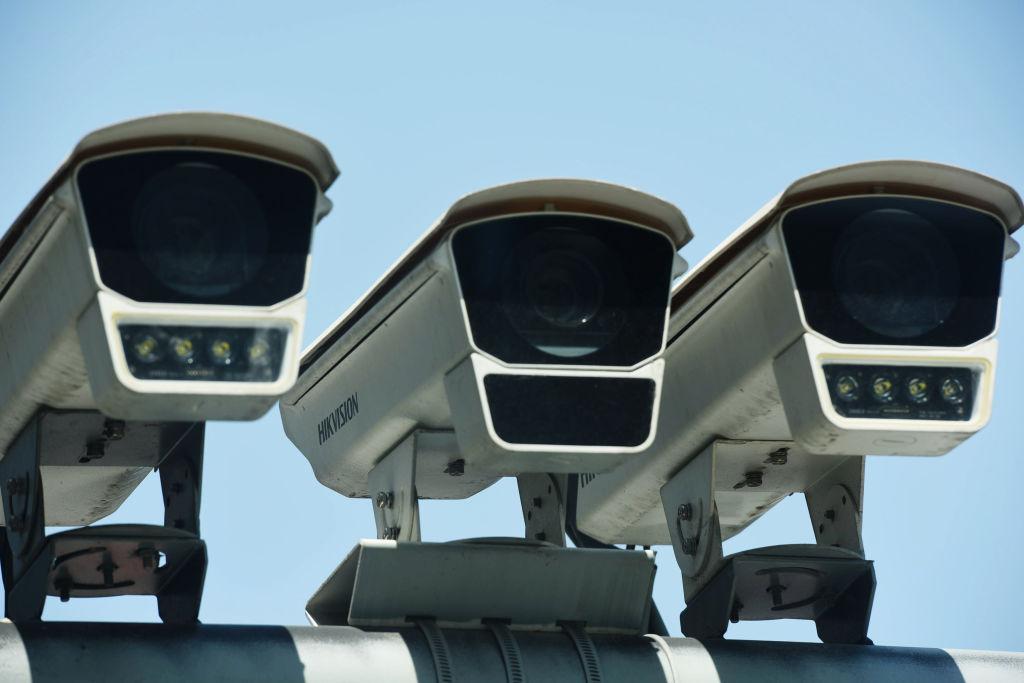
Sea state
BAE Systems Australia has proposed building new air warfare destroyers to boost the Royal Australian Navy’s firepower at a time of growing strategic tensions in the Indo-Pacific. If it wins government approval, the company would construct an up-gunned variant of its Hunter-class frigate in 2035 with between 100 and 150 missile cells and says that would make it the most lethal warship in Australia’s history. The variant would match the firepower of the People’s Liberation Army Navy’s Type 055 Renhai-class guided missile destroyer, which is already in production.
China has begun building an advanced warship, larger than its current Type 054A frigate, according to satellite images of the Hudong-Zhonghua shipyard in Shanghai. The 5,000-tonne vessel might be the long-rumoured and technically advanced Type 054B or Type 057. The warship, with all-electric propulsion, phased-array radar, new combat systems and improved stealth design, would escort the PLA Navy’s future aircraft carriers.
Flight path
The US has shot down at least four airborne objects over North America in recent days, including an alleged Chinese spy balloon. On 10 February, the Biden administration blacklisted six Chinese entities it said were linked to aerospace programs supporting the Chinese military. The administration indicated that China could be conducting an extensive spying campaign, reviving decades-old lighter-than-air technology in high-altitude surveillance balloons for signals intelligence collection. Meanwhile, there’s been speculation that China may accelerate its high-altitude airship program.
Australia is investing $277 million in an upgrade of its EA-18G Growler electronic warfare aircraft. The overhaul will see the development of an advanced Growler to align with its US counterpart and will include a next-generation jammer system, a modernised sensor suite and the ability to carry longer-range and more advanced anti-radiation missiles. The upgrade aims to strengthen Australia’s electronic attack capability, providing the Royal Australian Air Force with world-leading technology to face a complex and uncertain strategic environment.
Rapid fire
Seventy Australian soldiers have been deployed on Operation Kudu to train Ukrainian recruits in the United Kingdom. The deployment is a part of Operation Interflex, a UK-led and -based international military operation to increase the capability of Ukrainian troops fighting Russia’s invasion.
Washington and Manila have announced plans to expand the US military presence in the Philippines, accelerating implementation of their enhanced defence cooperation agreement. The development follows a strained period in US–Philippine relations when Manila fostered closer ties with Beijing. This month a Chinese vessel directed a powerful laser at a Philippine Coast Guard ship, temporarily blinding members of its crew. Philippines President Ferdinand Marcos Jr and Senator Francis Tolentino have urged broader security cooperation among Australia, Japan, South Korea and the Philippines, a shift welcomed by the US. US commentators have noted that Australia is the only country other than the US to have a status of visiting forces agreement with the Philippines and say the improved relationships provide an opportunity for the three nations to strengthen the regional security architecture.
Final frontier
LeoLabs, a company that tracks and analyses objects in space, has unveiled its West Australian Space Radar, located near Collie in the state’s southwest. The facility has two S-band active phased-array radars, and the WA government says it provides a critical ability to monitor satellites and debris in low-earth orbit. It will likely further support Australia’s role in the US-led Combined Space Operations initiative and its ‘Vision 2031’, which were designed to ensure the safety and effectiveness of space operations in line with the goal of ‘space mission assurance’ and to strengthen coordination to prevent conflict from originating in or extending to space.
The Australian parliament’s Joint Standing Committee on Foreign Affairs, Defence and Trade is conducting a public inquiry into the Department of Defence’s 2021–22 annual report. Defence subcommittee chair Julian Hill said the inquiry will examine Defence Space Command and its key policy milestones since its inception in January 2022. That will include key space projects such as the space surveillance mission, JP9360, and a focus on the importance of space to Australia as both an operational domain and an essential enabler of military activities.
Wired watchtower
More than 900 Chinese-made surveillance cameras and other electronic devices are being removed from Australian government buildings and federal politicians’ offices. The removal of the devices is in response to an audit carried out by opposition cybersecurity spokesman James Paterson. The devices were manufactured by Hikvision and Dahua, which are both partly owned by the Chinese Communist Party. There are concerns that China could use the surveillance data collected by the cameras for a range of purposes, including development of facial recognition technology. The audit also found direct links between the two companies’ products and the mass surveillance of Uyghurs and other minority groups in Xinjiang by the Chinese government.
The Quad partners, the US, Australia, India and Japan, have launched a public campaign to improve cybersecurity across the four nations and the region more broadly. The campaign is intended to strengthen individuals’ and communities’ cybersecurity awareness and action and to foster a more secure and resilient cybersecurity ecosystem. This initiative follows the Quad leaders’ adoption of joint principles on cybersecurity at their summit in Tokyo last year.